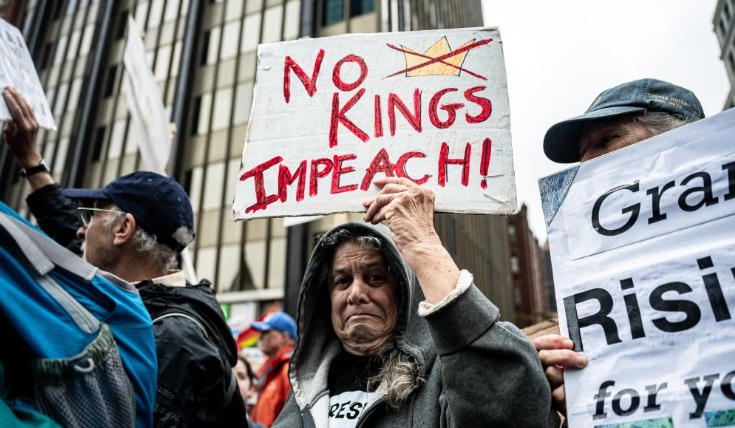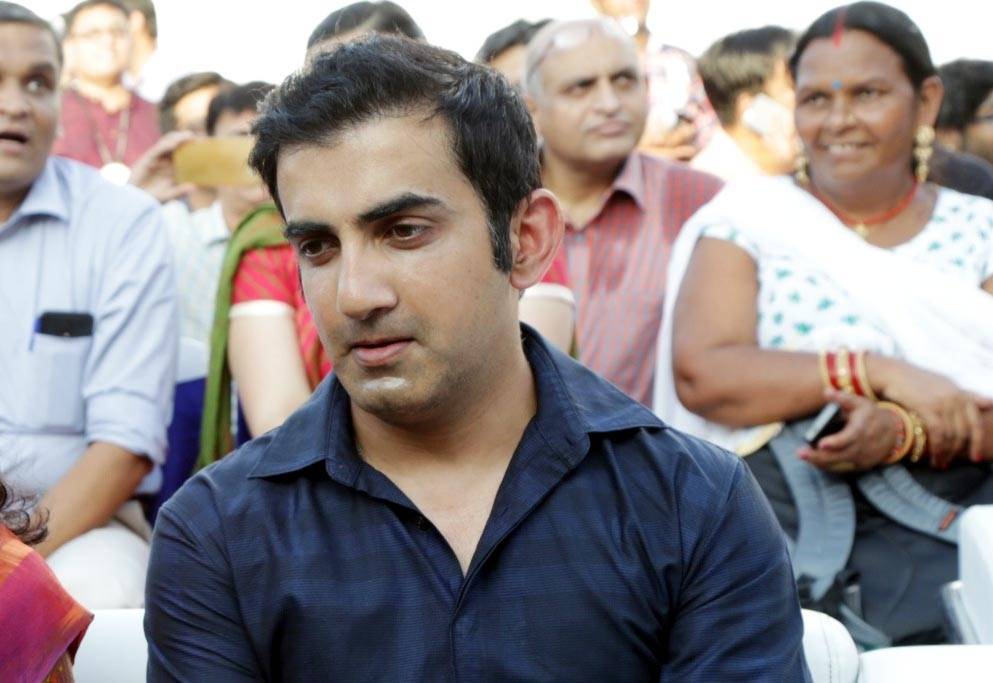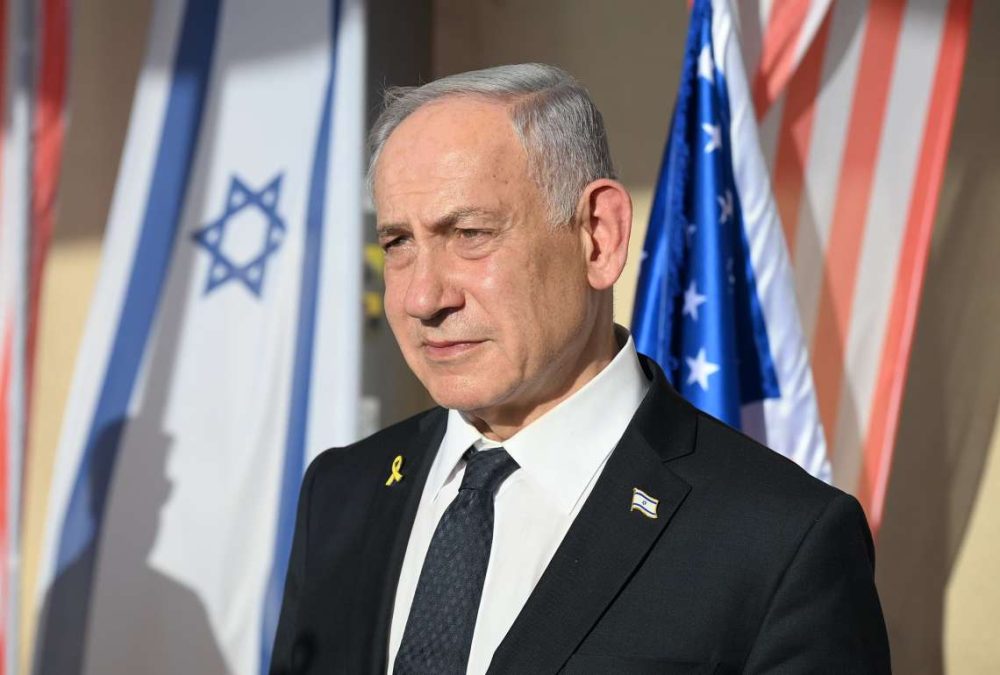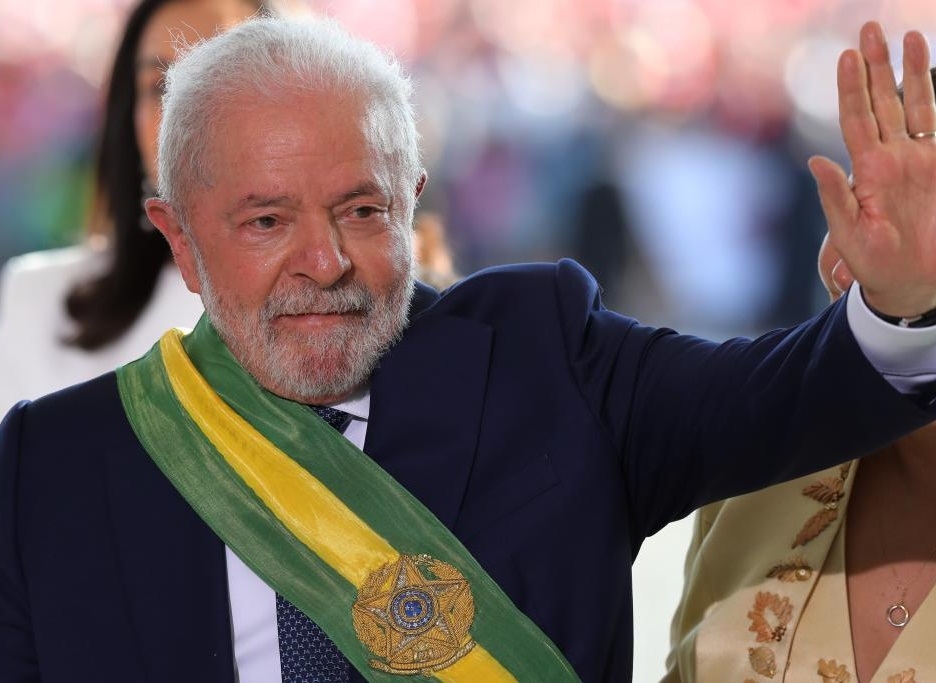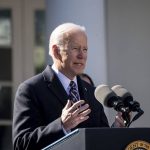The suspension of the retaliatory tariff on Austria, India, Italy, Spain, Turkey, and the United Kingdom comes at the end of one-year Section 301 investigations, reports Asian Lite News
The government announced on Wednesday suspended retaliatory tariff imposition on digital service taxes (DST) on six countries including India for a period up to 180 days to provide additional time to complete the ongoing multilateral negotiations on international taxation at the OECD and in the G20 process.
“The United States is focused on finding a multilateral solution to a range of key issues related to international taxation, including our concerns with digital services taxes,” US Trade Representative Katherine Tai said in a statement.
“The United States remains committed to reaching a consensus on international tax issues through the OECD and G20 processes. Today’s actions provide time for those negotiations to continue to make progress while maintaining the option of imposing tariffs under Section 301 if warranted in the future,” she added.
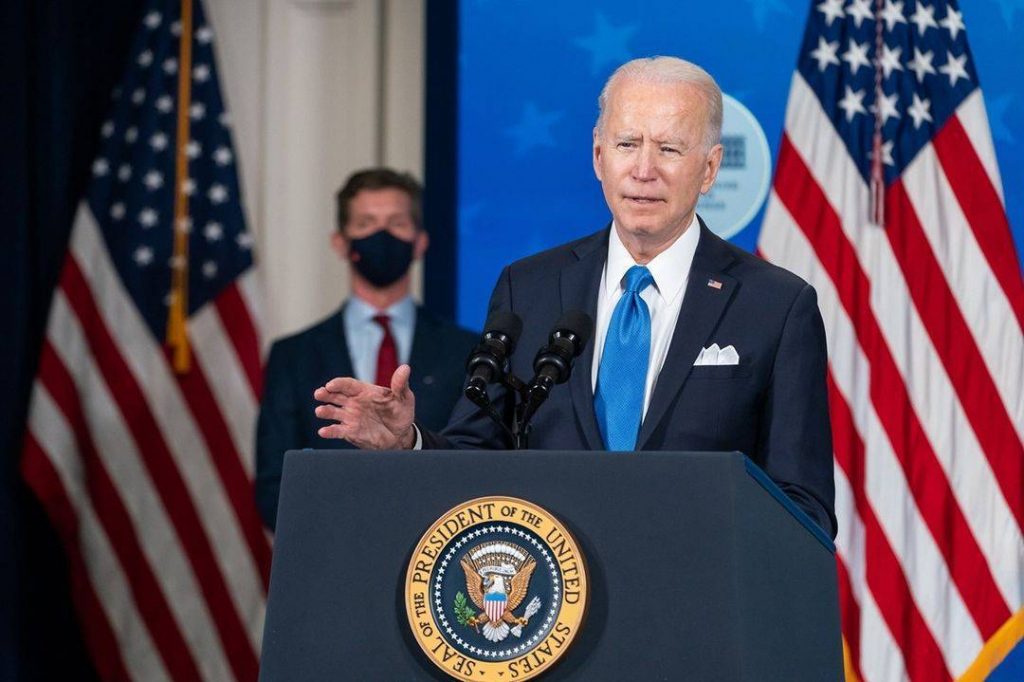
The suspension of the retaliatory tariff on Austria, India, Italy, Spain, Turkey, and the United Kingdom comes at the end of one-year Section 301 investigations by the US. In June last year, the US began investigations into the matter and in January this year, it found DST discriminated against the US companies claiming that it is inconsistent with principles of international taxation. In March, the USTR announced proposed trade actions in these six investigations, and undertook a public notice and comment process.
ALSO READ: Biden eyes narrowing racial wealth gap
The office of USTR in its 6 January findings into India’s digital services tax (DST) concluded that India’s 2% DST, by its structure and operation, discriminates against US digital companies. The report said India’s DST is unreasonable as it is inconsistent with principles of international taxation, including due to its application to revenue rather than income, extraterritorial application, and failure to provide tax certainty; and India’s DST burdens or restricts US commerce. The USTR pointed out that of the 119 companies that it identified as likely liable under the digital services tax, 86, or 72%, were American.
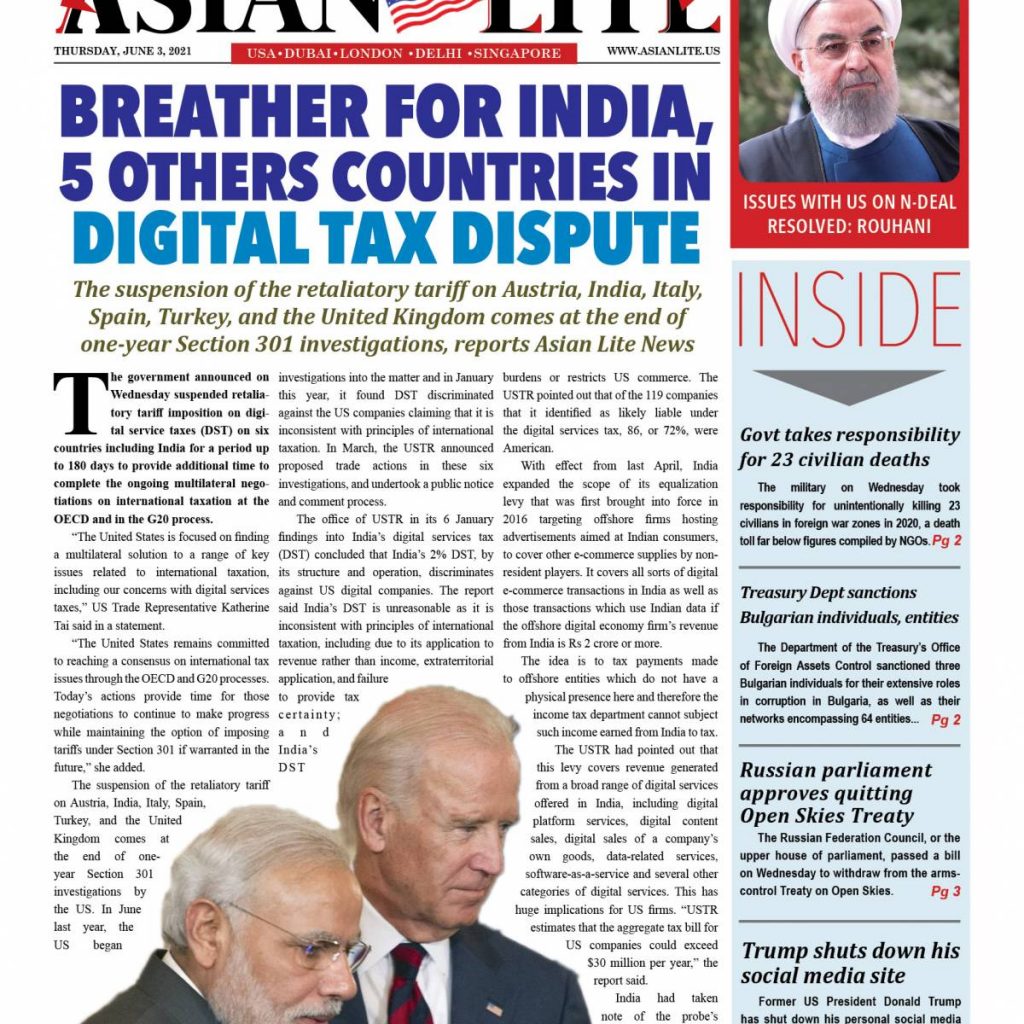
With effect from last April, India expanded the scope of its equalization levy that was first brought into force in 2016 targeting offshore firms hosting advertisements aimed at Indian consumers, to cover other e-commerce supplies by non-resident players. It covers all sorts of digital e-commerce transactions in India as well as those transactions which use Indian data if the offshore digital economy firm’s revenue from India is Rs 2 crore or more.
The idea is to tax payments made to offshore entities which do not have a physical presence here and therefore the income tax department cannot subject such income earned from India to tax.
The USTR had pointed out that this levy covers revenue generated from a broad range of digital services offered in India, including digital platform services, digital content sales, digital sales of a company’s own goods, data-related services, software-as-a-service and several other categories of digital services. This has huge implications for US firms. “USTR estimates that the aggregate tax bill for US companies could exceed $30 million per year,” the report said.
India had taken note of the probe’s conclusion and had said it would take appropriate action.
ALSO READ: Biden recognises LGBTQ Pride Month




